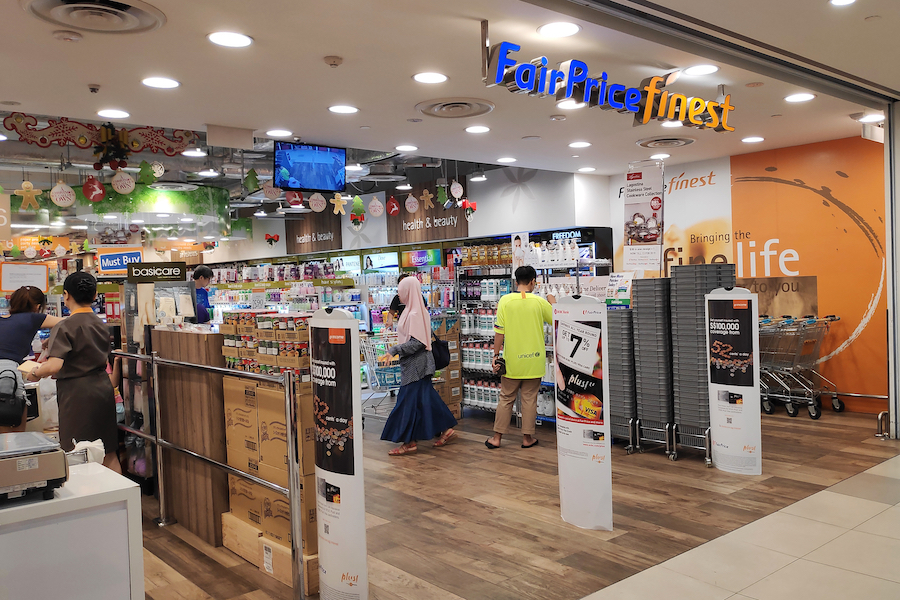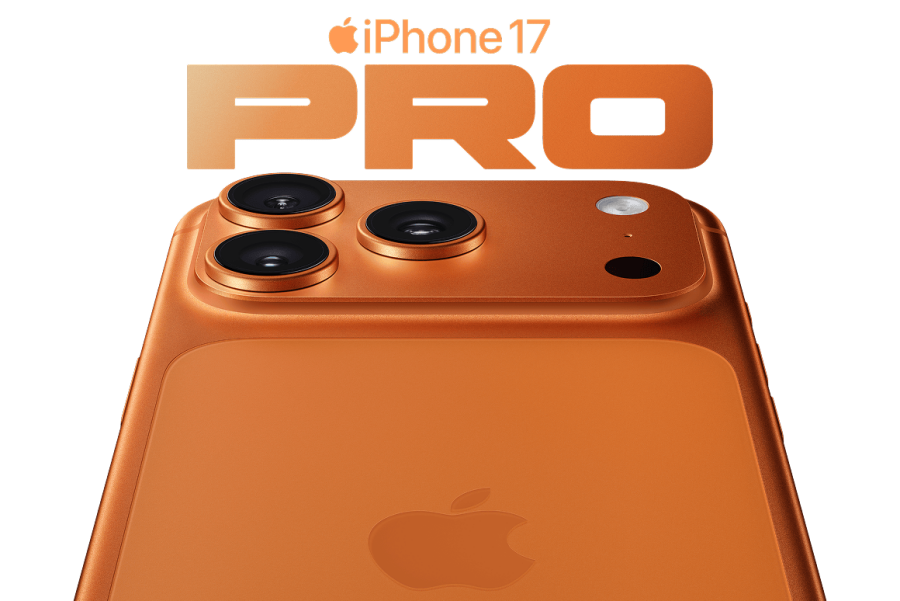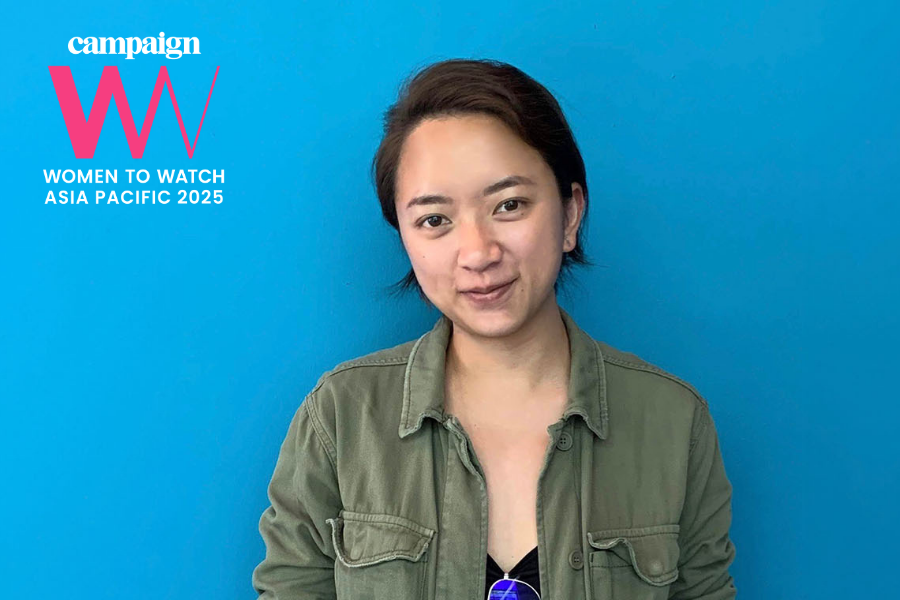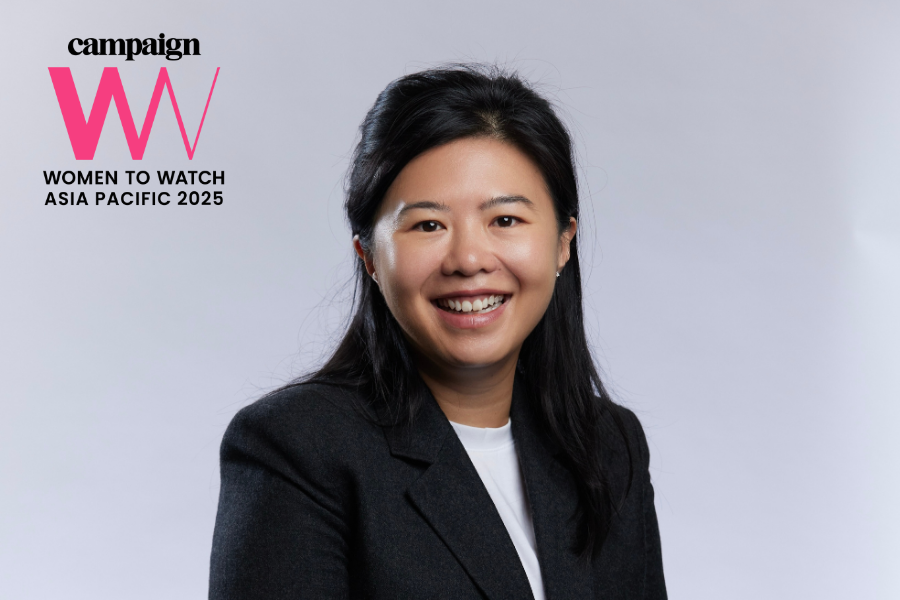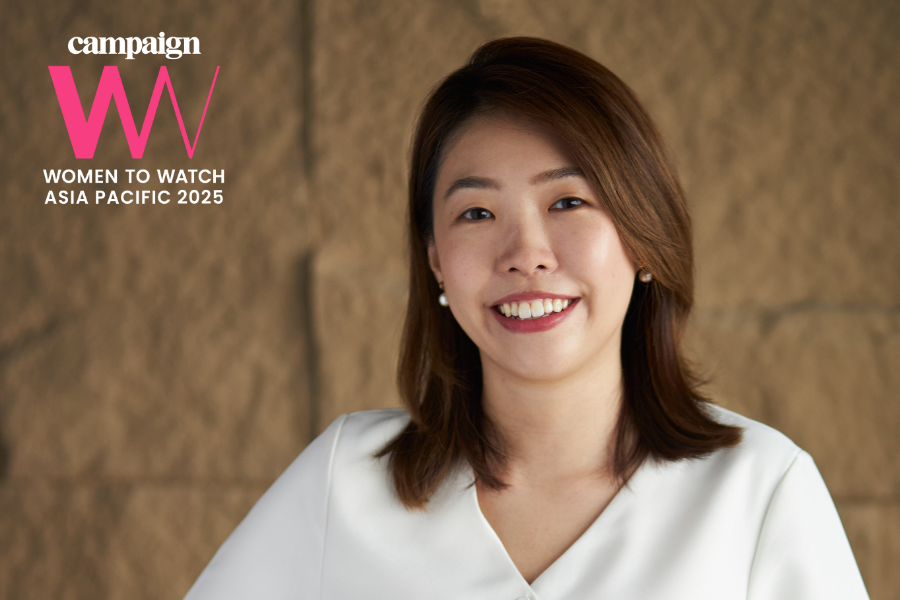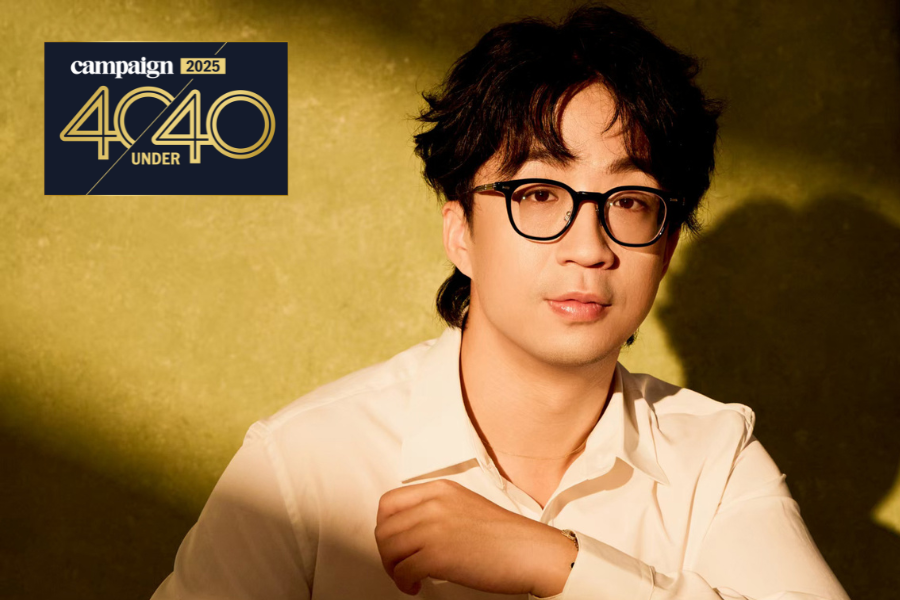SINGAPORE'S TOP LOCAL BRANDS
Singapore proudly boasts two local brands in the top 10 of this year’s top 100 list, both so solidly entrenched that neither moved position from 2018. NTUC Fairprice remains remarkably in third, while isotonic drink brand 100 Plus is ensconced at ninth.
This is a serious achievement given the global company these local brands keep, rubbing shoulders with the likes of Samsung, Apple and Nike in the upper echelons of the chart. But both brands have been streets ahead of other well-performing local rivals for some years now, and in NTUC Fairprice’s case, Sorcha John, managing director of Iris Singapore, attributes it to the brand being part of Singapore’s social fabric.
“It is a retail brand that most Singaporeans resort to for their daily needs, with a well laid out and thoughtfully designed retail experience that is highly consistent and visible across Singapore,” she says.
But crucially, on top of its legacy status among Singaporeans, Ian Loon, Starcom managing director, says NTUC Fairprice has been extremely successful in digitally transforming itself within a highly competitive and disrupted sector, given the rise of online grocers like RedMart and Honestbee.
“The brand continued to embrace its heartlander spirit, while introducing its new online/mobile delivery service ‘Fairprice On’ last year to keep up with increasingly digital-savvy customers,” Loon says. “Fairprice also extended its marketing capabilities to embrace personalised promotions based on segments of audience profiles identified online.”
This ability to balance leveraging a brand’s heritage to evoke pride and nostalgia, while proving that it can remain relevant and continue serving consumer’s changing expectations, is a tricky needle to thread—but with great rewards. While very different propositions, observers say both NTUC Fairprice and 100 Plus excel at this.
100 Plus, says Haruna McWilliams, APAC senior vice president of strategy at Essence, “continues to own the area of sports, athletes and the future of youth—a very Singaporean and forward-looking proposition that resonates with the average consumer.”
This is reflected in the brand’s use of local sports influencers to drive Singaporean aspirations, and its savvy digital content, such as its local take on the #BottleCapChallenge that went viral globally earlier this year. At the same time, as McWilliams points out, the heritage comes into play.
“Both brands have always made sure that they stay local in the way they position themselves in the market. They are both very much attainable brands for the majority of Singaporean consumers, and so they do things that really make Singaporeans’ lives better—in the case of NTUC FairPrice—or align with their social sentiments, in the case of 100 Plus.”
There are several other impressive local performers, with Singapore Airlines the best of the rest at 19th, followed by Grab at 21st and Singtel at 23rd.
Singapore Airlines’ success, says McWilliams, is down to the concept of it being a “local-gone-global brand, where the best of Singapore is accepted by the rest of the world, and in turn, elevating Singapore to being world-class,” stirring pride among locals. The brand is also one of Singapore’s most iconic, tracing back all the way to its seminal ‘Singapore Girl’ campaign.
Though Grab only went up one place this year, that it is already so high in the list is impressive, says John, for even just a few years ago Grab would have been nowhere. That it keeps diversifying its offering, moving into super-app territory, will likely only see it go higher up the list as it becomes even more integral to everyday Singaporean lives.
However, John also cautions that this could go against the brand. “Grab needs to watch out, as brands that offer daily utility can become ubiquitous, and ubiquity can lead to brand blindness—as people get so used to seeing something it becomes invisible to them.”
Arguably Singtel is one such brand, having been for the longest time one of just two telcos in Singapore. But Loon says Singtel’s performance, despite dropping five places, is noteworthy because it remains the strongest telco brand in “a widely-shaken sector”.
“Telco brands are no longer as appealing given how much mobile, data and content services have been commoditised as hygiene experiences expected by consumers through the rise of new players, which will continue,” he explains. To that end, Singtel has made significant efforts to remain relevant, most notably moving into esports by anchoring a new Asian gaming league and sponsoring Singapore’s first esports team.
Outside of the top performers, special mention must got to local taxi brand ComfortDelGro, which leapt 116 places to 38th this year. Having been dramatically superseded by Grab when it burst onto the scene, the taxi firm transformed its user experience and released a new booking app, which is a significant improvement on its previous effort.
It’s also possible the brand was helped by a period of negative consumer sentiment towards Grab for allegedly hiking its prices when it was briefly the only ride-hailing app in town.

